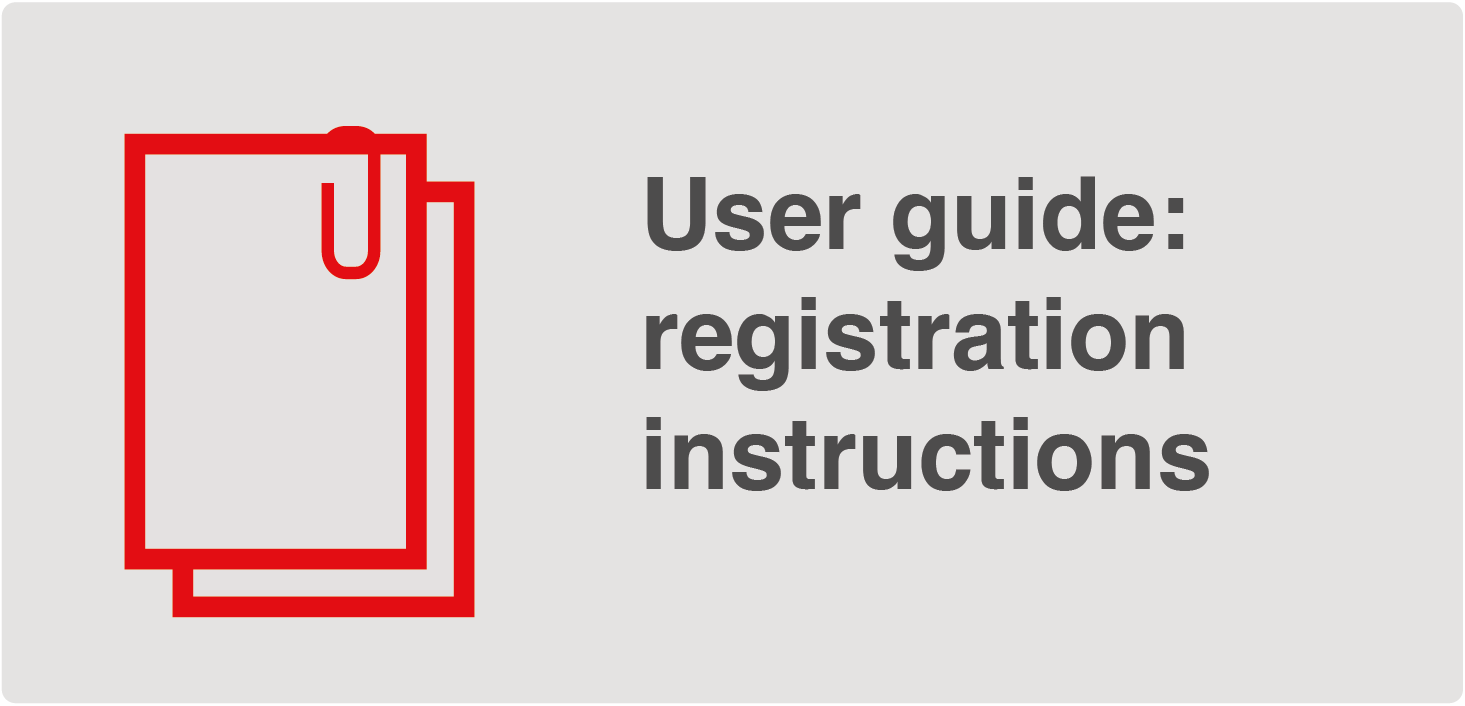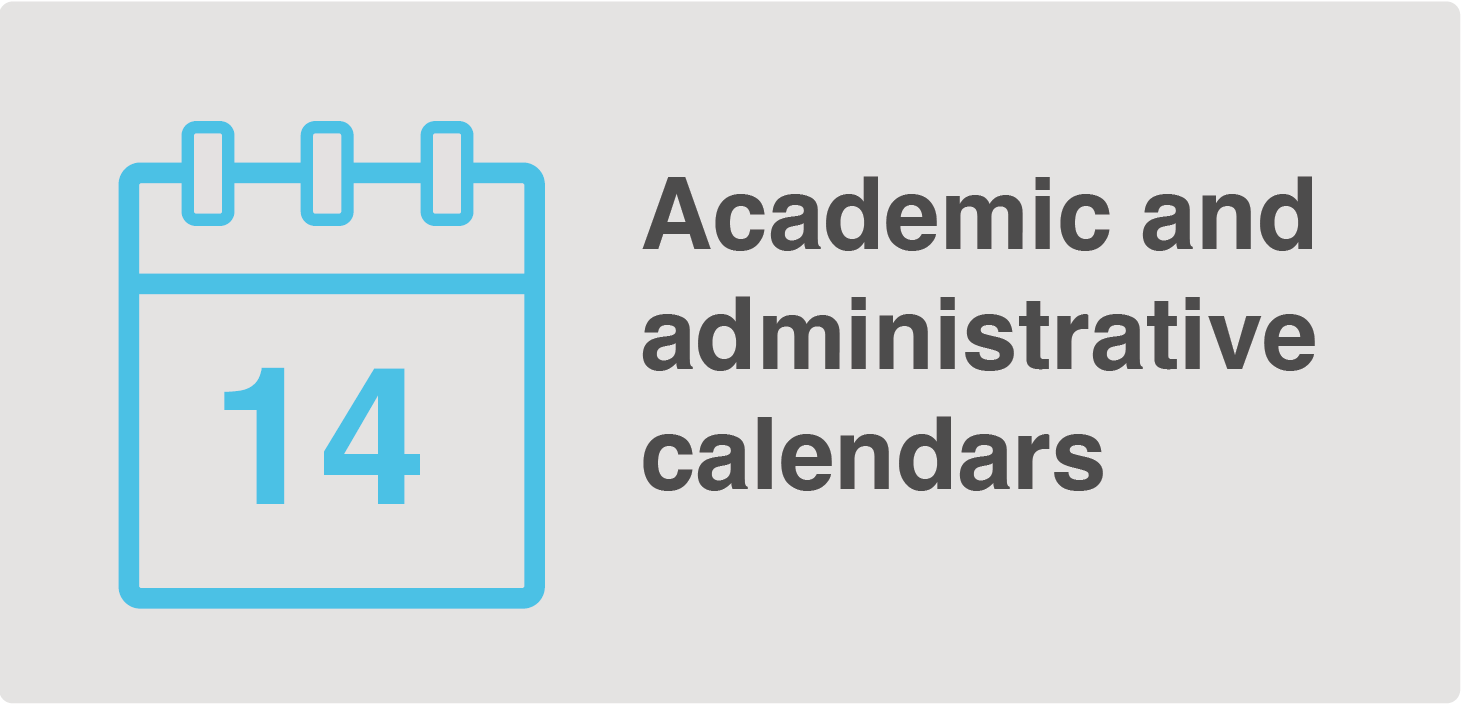What is it about?
Assessment process and exam sittings
The assessment consists of evaluating the training objectives of a degree based on the criteria marked in each subject. This is a continuous process in a fixed term.
This assessment process must be included in the teaching guide together with the retake options that the centre establishes. This continuous assessment project does not exclude final tests. Although, the final mark of a subject or module cannot rely in a final test only, except for the examples included in the assessment regulations: when a subject is enrolled for the third time and when the special exam sessions are to finish studies.
The criteria and evaluation methods must be communicated before lectures begin, given that they cannot be modified once the academic year has begun.
Each group enrolled in a subject will have a lecturer assigned to them who will be responsible for adequately applying these criteria and evaluation methods, as well as giving you your final grade.
The teaching guide must include all the information regarding the assessment process. The person responsible for the subject will have to update the teaching guide every year and publish it before the enrolment period starts and it will be permanently stored by the University.
Periods will be established by each centre in which you will be able to consult your final grade in the subject. Once classes are over, the lecturer of each group will publish all qualitative and numeric grades in one only document.
Grades given at the UAB are based on a 0-10 scale, with only one decimal place. A subject is passed if you receive a minimum grade of 5.0. Once you have passed a subject you cannot enrol in it again.
A distinction can be given to students who score 9.0 or higher in a subject. The number of distinctions awarded to students cannot be higher than 5% of the total number of students enrolled in a subject. If the total number of students is lower than 20 then only one distinction will be awarded. An extra distinction can be awarded by rounding up the result of the 5% of students enrolled in the subject.
Subjects taken while enrolled in an exchange programme in which you are awarded a distinction will also be included in your academic transcript with the same grade.
When a student cannot provide enough evidence of having followed the class adequately to receive a global grade, he/she will get a non-assessable grade in his/her report. The teaching guide will specify the criteria for non-assessable grades. Getting a non-assessable in your record will mean you have used the rights acquired with your enrolment in that subject.
You have the right to be evaluated in all subjects in which you enrol. In your second and any consecutive exam sittings, you may be asked by your lecturer to write a term paper. In this case, your final grade will depend on the score you receive on your term paper.
The extraordinary exam sitting (convocatòria extraordinària de final d'estudis) consists of a term paper which will exclusively evaluate the results of what has been learned by the student according to what is defined in the study guide of the previous academic year. To apply for an extraordinary exam sitting you must be enrolled in all the credits needed to complete your studies.
If you are enrolling in the same subject for the third time, you may request to be evaluated by a board formed by three lecturers, who must be named by the dean of the faculty or centre. At least one of the lecturers must be from the subject you enrolled in.
Royal decree 1393/2007 of 29 October 2007, which established the Planning of official university studies was abrogated by Royal decree 822/2021 of 28 September 2021, which established the organisation of university teaching and the procedure for quality control.




